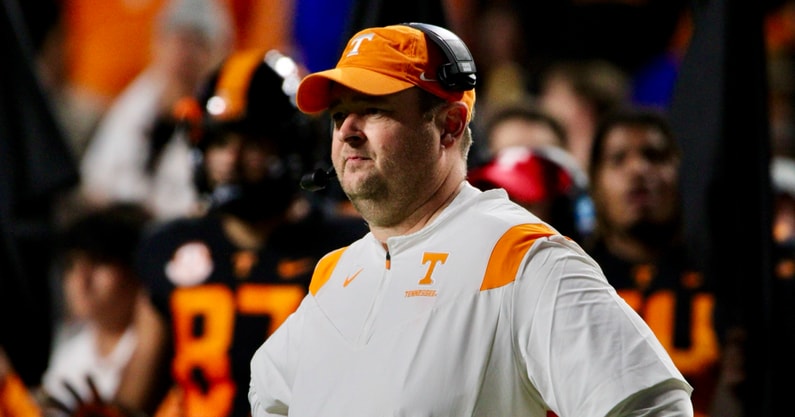
The latest update to ESPN’s Football Power Index (FPI) has sparked considerable debate across the college football landscape, with one ranking in particular drawing intense scrutiny: Tennessee’s placement in the top 10. While the Volunteers have shown promise and growth under head coach Josh Heupel, critics and analysts are questioning whether the lofty ranking accurately reflects the team’s current trajectory or inflates expectations heading into the 2025 season.
The FPI is a predictive model designed to project team performance based on a variety of factors, including returning production, recruiting rankings, historical performance, and strength of schedule. In theory, it offers a data-driven perspective on how teams are likely to perform—not just who has won games in the past, but who is best positioned to win in the future.
In Tennessee’s case, the FPI’s projection has the Volunteers ranked firmly in the top 10 nationally, ahead of several teams that finished with stronger résumés last season or boast deeper rosters heading into the new campaign. This has led to accusations that the model is “overvaluing” the Vols based on optimistic projections, rather than concrete achievements.
A deeper look at Tennessee’s recent performance shows a program in transition. After a high-octane 2022 season that saw the Volunteers reemerge as a national contender, the team faced more inconsistencies in 2023 and 2024. While they remained competitive in the SEC, they failed to maintain a sustained push for playoff contention. With key players moving on to the NFL and several new starters still finding their footing, some observers feel the No. 10 ranking may be premature.
Analysts who are skeptical of Tennessee’s placement point to multiple concerns. The quarterback position, while talented, is unproven at the elite level. The offensive line has undergone significant turnover, and the defense, though improved, still has gaps that could






